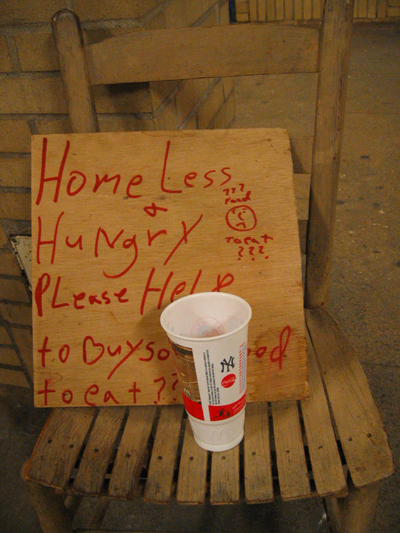Although the Rally to Restore Sanity was, strictly speaking, neither a rally — it was more of a comedy/concert/show — nor terribly restorative of sanity –there were an unusually large number of people with bonkers things to say — it was a hoot. That said, I worry that many folk were lured there in the expectation that they might actually be part of a movement to restore sanity: I spoke to dozens of people, and for all but two, this was their first rally. I fear that their hopes will be swiftly dashed. There’s unlikely to be a new wave of sanity breaking over Washington any time soon.
So how to think about this? One of my favourite pieces is by a writer I’ve just been introduced to by Joe Costello, Mark Ames, whose fine piece, Rally to Restore Vanity, is a powerful dissection of the event and its absent politics. On the other hand, Arianna Huffington has more complementary things to say. My take, also at the ahem Huffington Post, is below.
And, incidentally, if you’d like to hear some back and forth about this, I’ll be interviewing Arianna Huffington in a couple of weeks here in San Francisco (and I’ll post the podcast when it becomes available). If there are any questions you’d like me to ask Arianna, about restoring sanity or her book Third World America or anything else, leave em in the comments.
Polite Laughter on the Mall

Hundreds of thousands came. Theresa Floyd, a 19 year old student and poet, flew from California to try to make the world “marginally better”. Wassim Shazad, a 36 year old brick shithouse of a former-Marine drove four hours from North Carolina, to take aim at racial stereotypes of Muslims in America. For nearly everyone I spoke to, this was their first rally. Continue reading “Restoring Sanity”



